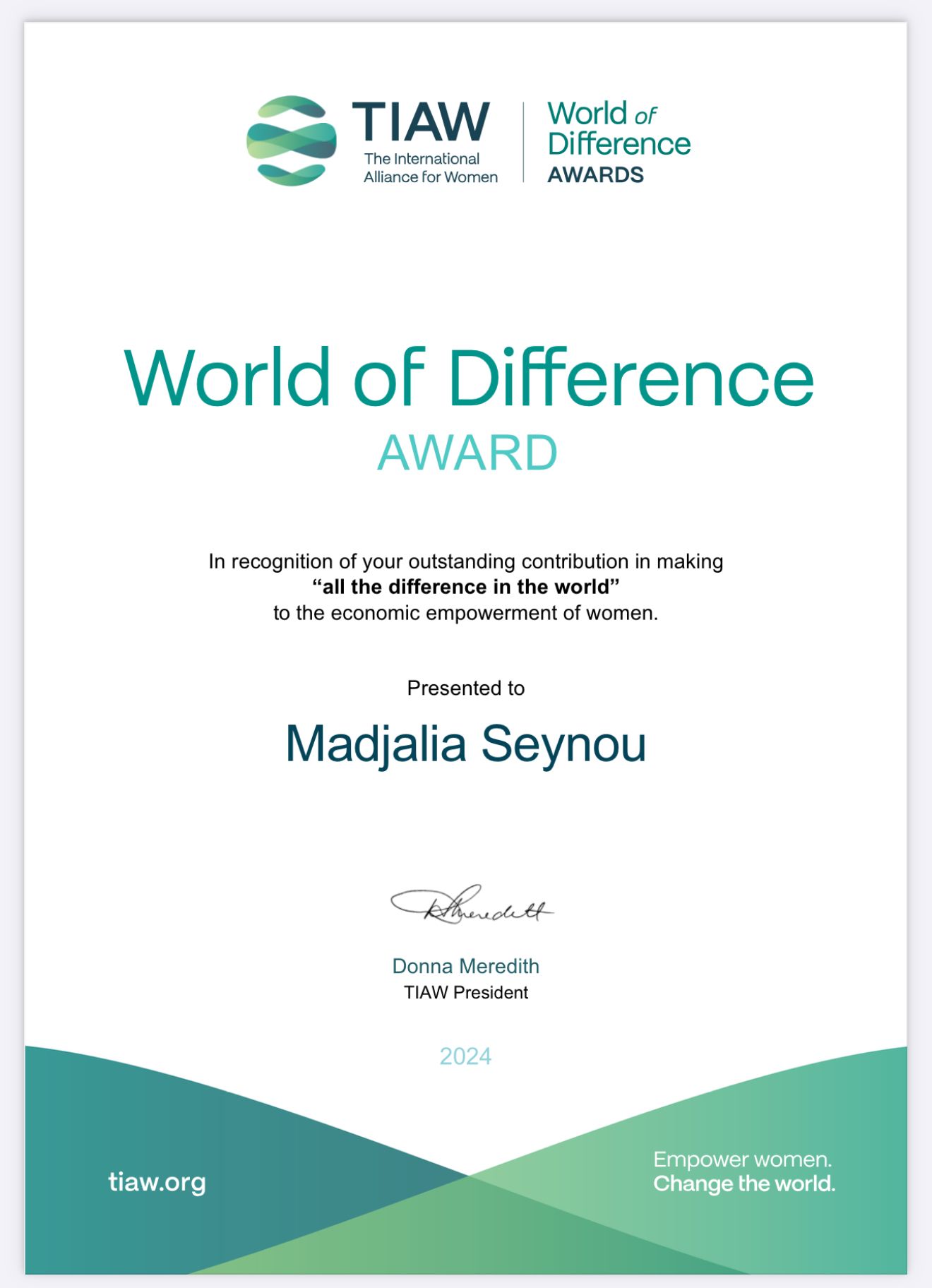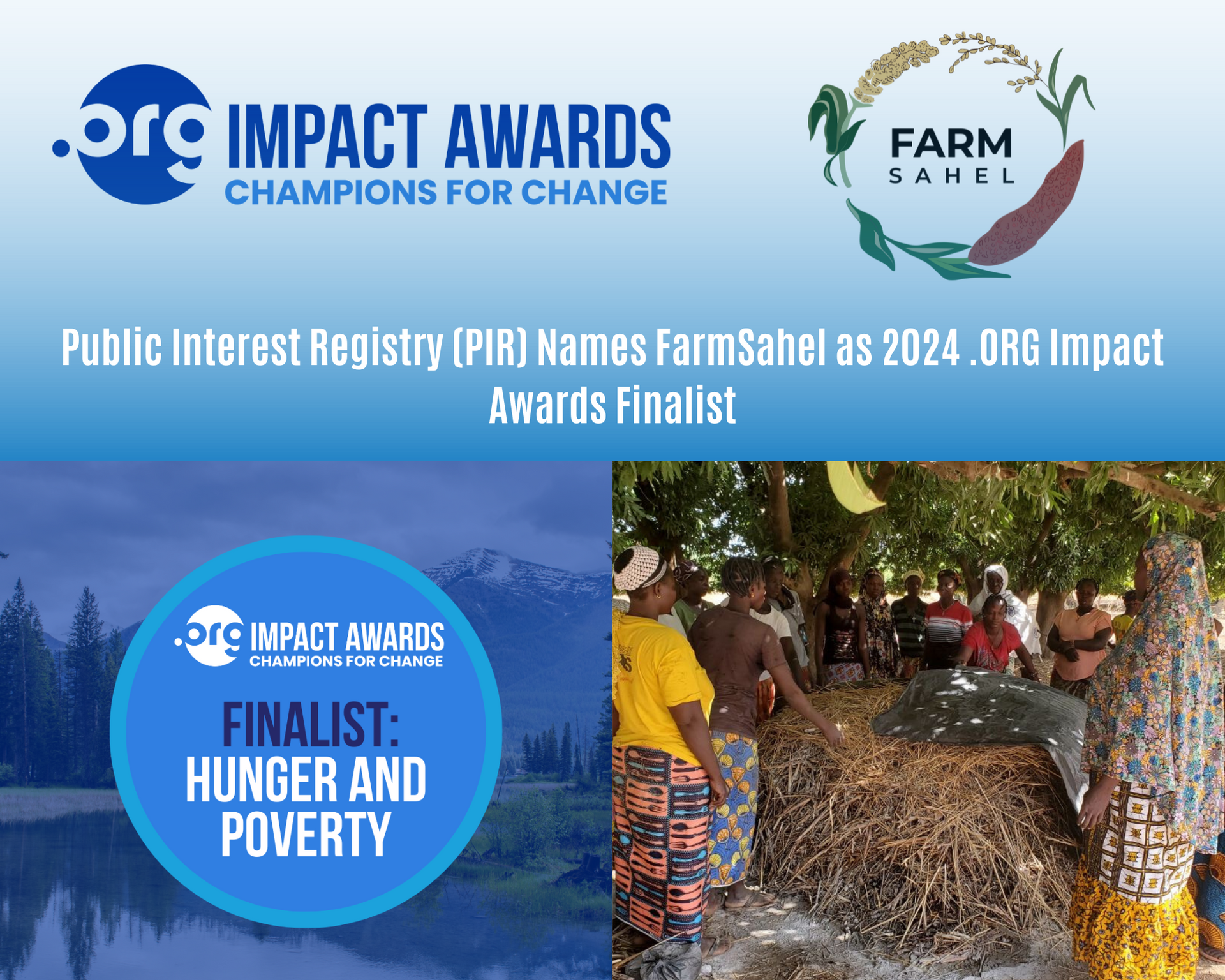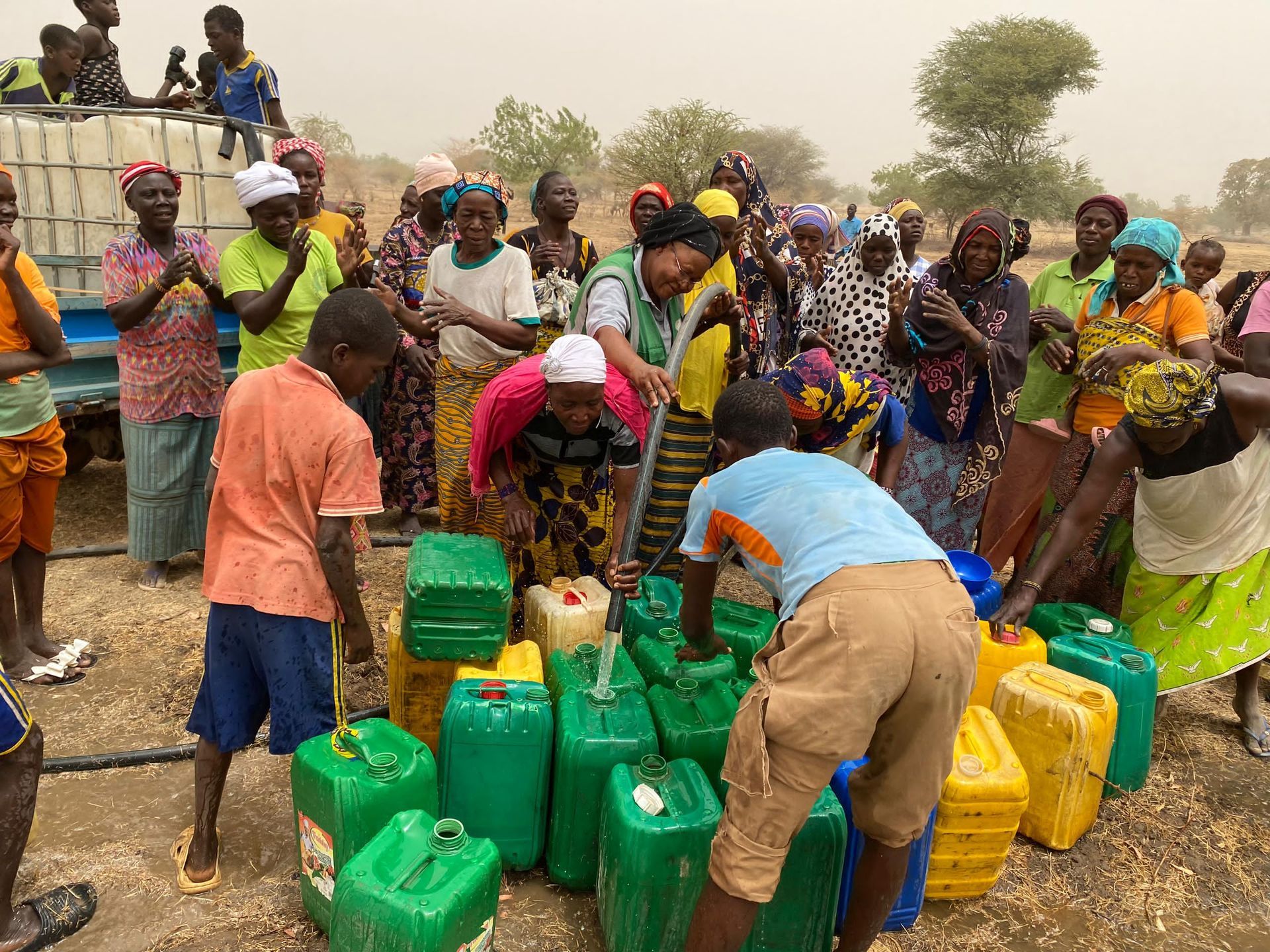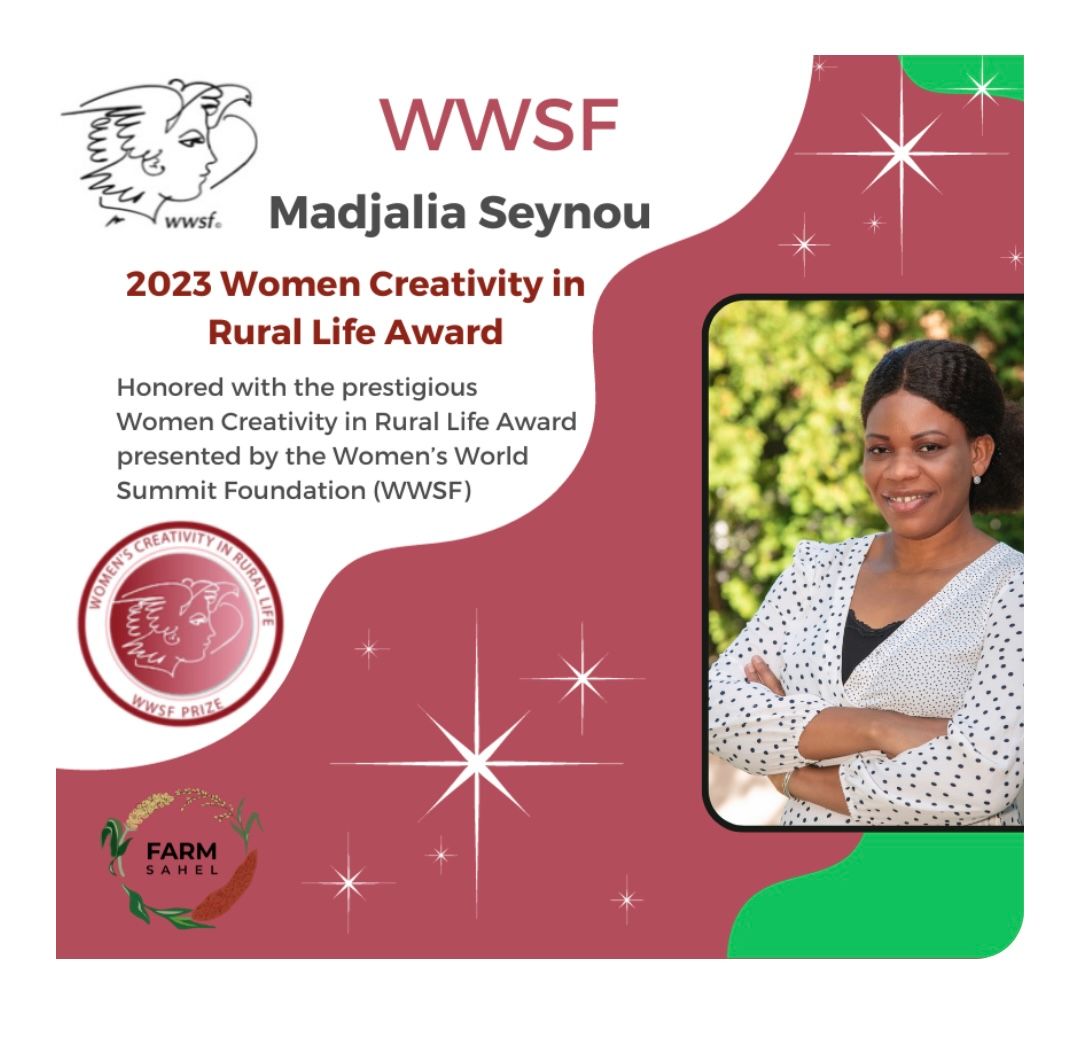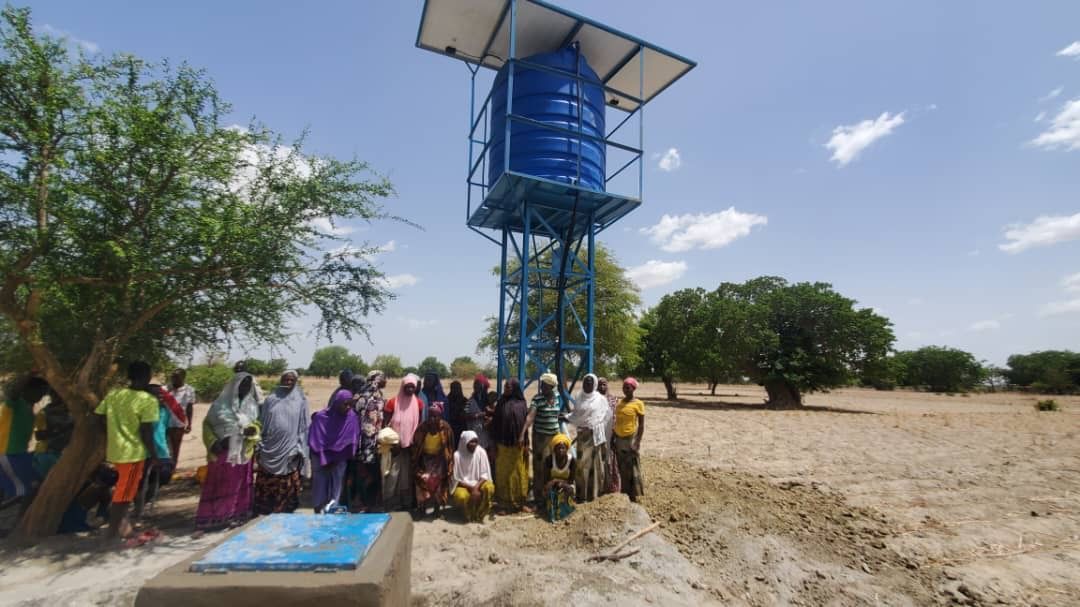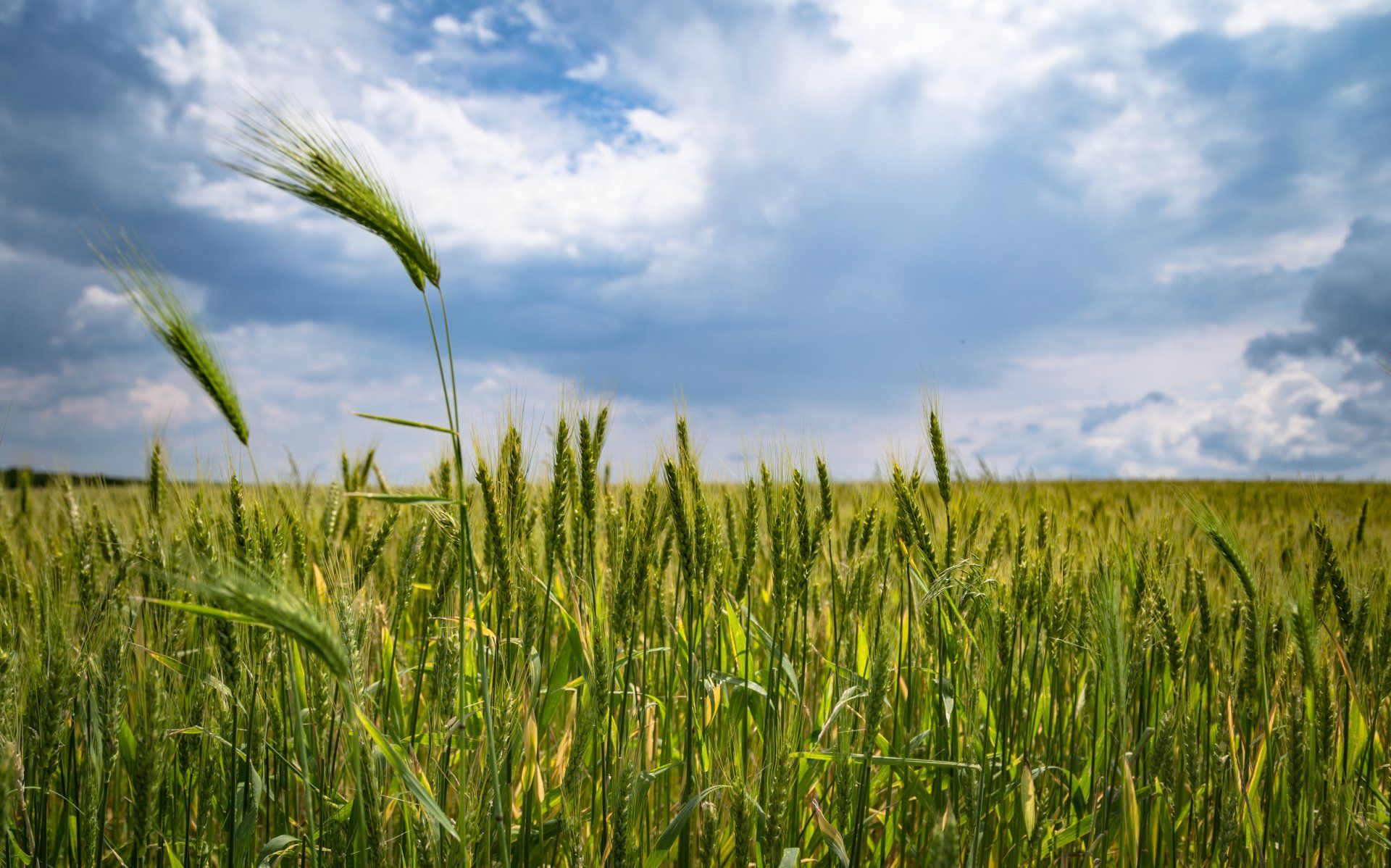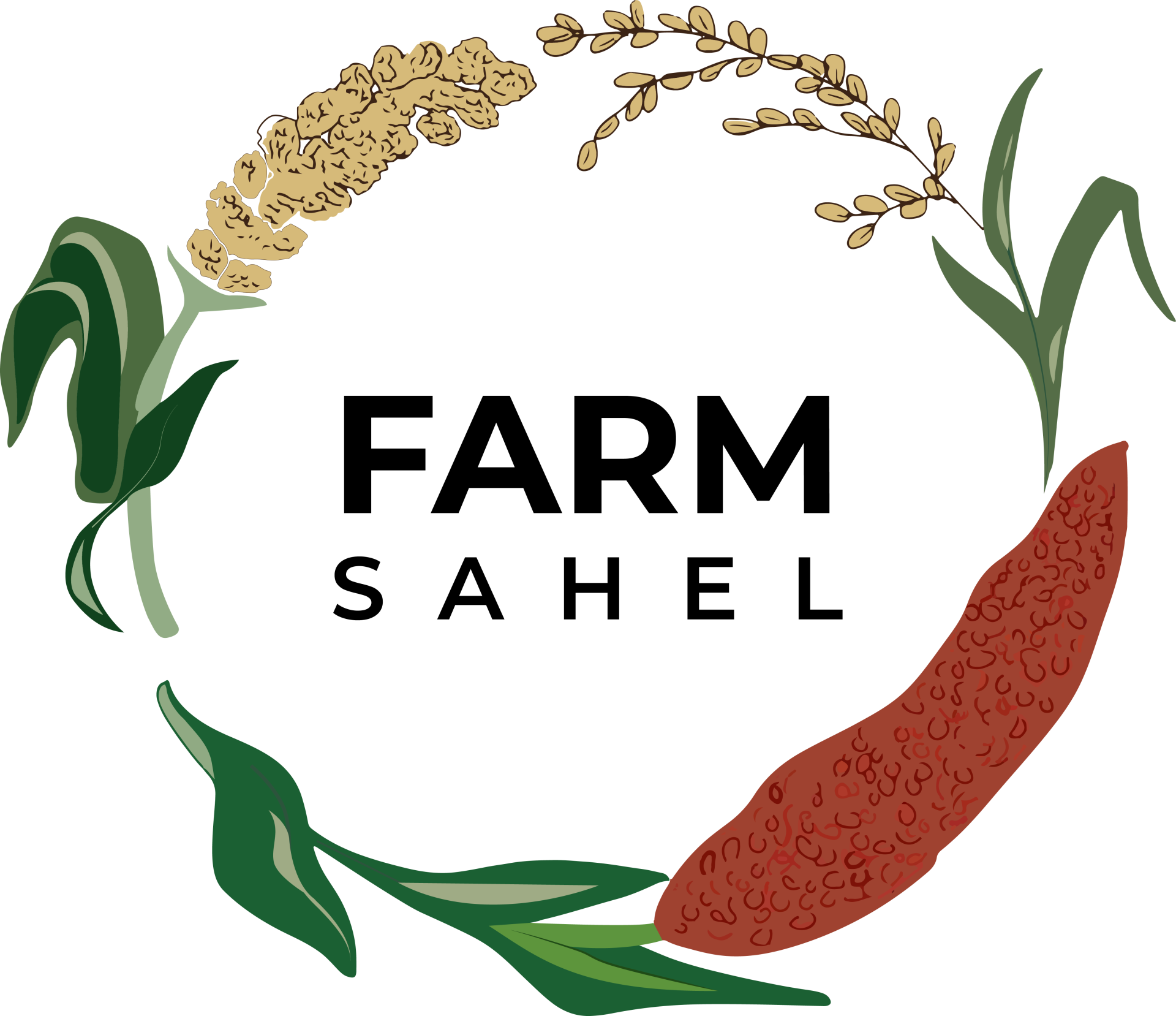The Role of Fertilizer
One of the ways that FarmSahel helps women farmers throughout the Sahel region is by equipping them with proper fertilizer. Fertilizer plays an important role in agriculture, often allowing for higher yields from crops. This post will discuss the importance of fertilizer, and its role as an agricultural development tool.
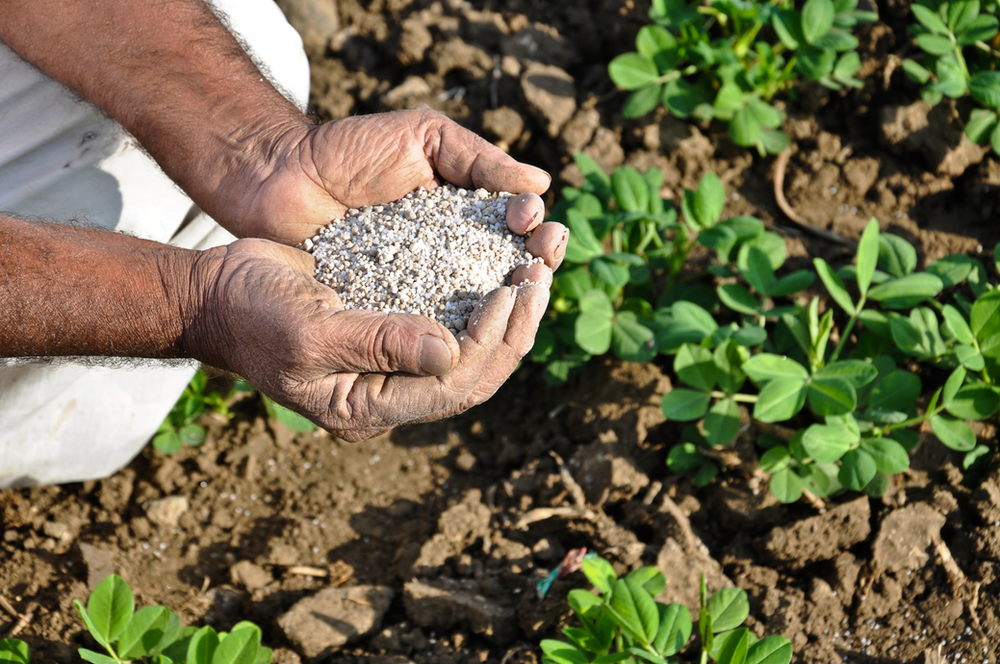
Like many other farming tools, the use of fertilizers dates back to ancient times. Ancient civilizations such as the Egyptians and the Babylonians were recorded to have used naturally occurring minerals and manure in order to help with plant growth, and increase the productivity of their farms. Throughout the 19th and 20th centuries, as farming became more industrialized, so did fertilizers. Fertilization was no longer defined by farmers using existing resources in their areas. Now it spawned giant corporations, with the goal of creating better engineered fertilizers that would help with crop production and yield. Like in many other cases, African farmers did not feel the impact that fertilizers were having on North American and European farmers, as they continued to use rudimentary fertilization methods.
Soil itself is incredibly important to plant growth, and is one of the reasons why fertilizers have been so critical throughout agricultural history. Plants require 17 essential elements, and the lack of even one of them can lead to suboptimal plant growth. Of all of these necessary elements, the primary macronutrients, such as nitrogen, phosphorus, and potassium, are the most needed. At the same time, they are most likely to be lacking in typical agricultural soils. In addition to this, farming often can harm soil in the long term. Consecutive farming in an area can alter, and even deplete, the nutrients in that soil. In this way, fertilizers are often a requirement in consecutive farming, to ensure that the soil in a farmed region is still viable.
There is also empirical evidence regarding the role of soil in a development context. According to a study conducted by John McArthur and Gordon McCord, looking at agricultural input and their effects on economic development, it was found that fertilizer can increase economic growth. The study fixed other inputs such as human capital, and simply focused on the impacts of agricultural tools, such as fertilizers. They found that with all controls in place, fertilizer played a strong role in helping to expand agricultural production. This outcome is consistent with other agricultural research on the subject.
Another study focused on Afghanistan and the ability of fertilizer to increase food production throughout the country. The study provided Afghan farmers with fertilizer as a farming tool, and then studied the change in their crop outcomes. After providing fertilizer to around 200,000 Afghan farmers, the study found that one kilogram of fertilizer produced an extra five kilograms of grain for farmers. The fertilizer also led to a large net increase in profits for farmers of $2.25 million, as they were able to produce more crops which they could then sell. Finally, the study found that fertilizer was an incredibly cheap development tool, with the cost being around $8 per farmer, to provide them with an adequate amount of fertilizer. This return on investment is obviously high, and shows that providing farmers with fertilizer can lead to much higher crop outputs, for a low cost.
Both the scientific and empirical evidence shows that fertilizer can be used as a tool to help increase crop yields, especially in developing countries. By providing fertilizer to small, women farmers throughout the Sahel region, Farm Sahel is providing them with the tools they need to produce more food, for themselves, their families, and their communities.
History of fertilizer. (2021, February 22). Retrieved April 01, 2021, from https://en.wikipedia.org/wiki/History_of_fertilizer
John W. McArthur, Gordon C. McCord, Fertilizing growth: Agricultural inputs and their effects in economic development, Journal of Development Economics, Volume 127, 2017, Pages 133-152, ISSN 0304-3878, https://doi.org/10.1016/j.jdeveco.2017.02.007.
Gregory, D., & Roy, A. (n.d.). Fertilizer & Food Security: IFDC Voucher Program for Farm Inputs. Retrieved from https://www.agrilinks.org/sites/default/files/resource/files/IFDC%20Voucher%20Paper.pdf
